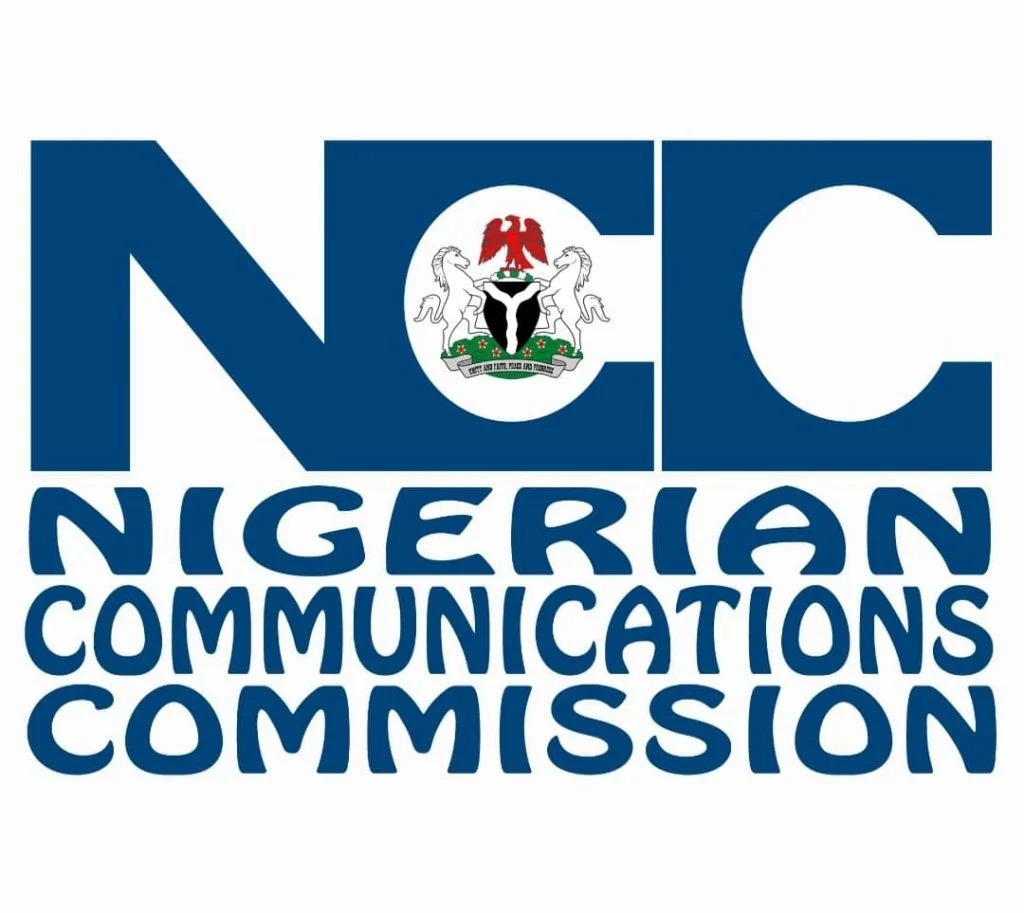Nigeria’s telecommunications sector is facing a significant crisis as a diesel supply blockade threatens to disrupt mobile phone services for millions of users. The blockade, initiated by oil sector unions, stems from a dispute between IHS Towers, a major provider of telecom infrastructure, and two companies allegedly linked to the Natural Oil and Gas Suppliers Association of Nigeria (NOGASA). IHS Towers accuses these companies of diesel theft, an allegation that has sparked the blockade and disrupted fuel distribution to thousands of telecom sites operated by IHS. This disruption poses a severe threat to Nigeria’s telecommunications network, which relies heavily on diesel-powered generators due to the country’s unreliable electricity grid.
The blockade targets key diesel depots in Lagos, Kaduna, and Koko in Delta State, effectively cutting off the fuel supply to numerous telecom towers. The Nigerian Union of Petroleum and Natural Gas Workers (NUPENG) and NOGASA are the driving forces behind the blockade, demonstrating the significant power these unions hold over critical infrastructure. The disruption has prompted swift action from the Nigerian Communications Commission (NCC) and relevant security agencies, who are working with IHS to resolve the issue. The matter is already before the courts, adding another layer of complexity to the situation. The potential consequences of a prolonged blockade are dire, with millions of users at risk of losing voice and data services, severely impacting Nigeria’s $75 billion telecom market.
The Association of Licensed Telecommunications Operators of Nigeria (ALTON) has expressed grave concern over the blockade’s potential impact on national infrastructure and public safety. ALTON Chairman Gbenga Adebayo has urged the unions to resolve the dispute through legal and contractual channels, emphasizing the serious economic and security implications of disrupting telecom services. The dependence on diesel generators makes the telecom sector particularly vulnerable to such disruptions, highlighting the fragility of the current infrastructure setup. The current crisis underscores the urgent need for a more sustainable and reliable energy solution for Nigeria’s telecommunications industry.
IHS Towers has reiterated its commitment to maintaining network uptime and ensuring the smooth operation of Nigeria’s critical information infrastructure. The company emphasizes its dedication to providing reliable services despite the ongoing dispute, recognizing the crucial role telecommunications plays in the country’s economy and daily life. Under Nigerian law, telecom facilities are classified as Critical National Information Infrastructure, meaning intentional interference carries significant penalties. This classification underscores the importance of protecting these facilities and ensuring their uninterrupted operation. The current blockade not only threatens service disruption but also potentially violates this legal framework, further escalating the seriousness of the situation.
The sheer scale of diesel consumption within Nigeria’s mobile industry highlights the magnitude of the potential disruption. With over 40 million liters consumed monthly and annual spending exceeding $350 billion, the industry’s dependence on diesel is undeniable. This reliance translates to significant operating costs, particularly for rural and off-grid sites where diesel dependence is even higher, reaching approximately 37% more than urban areas. The economic burden of this dependence is substantial, further emphasizing the need for alternative energy solutions. The blockade directly impacts this massive fuel consumption, threatening to cripple network operations and incur substantial financial losses for operators.
Recognizing the long-term challenges associated with diesel dependency, several operators, including Airtel and MTN, have begun exploring and implementing alternative energy solutions. These initiatives focus on deploying hybrid energy systems that incorporate renewable sources like solar panels and lithium batteries. These efforts align with the broader push for sustainability and cost reduction within the industry. The NCC and GSMA estimate that a comprehensive shift to renewable energy could slash operating costs by 30% to 50%, offering a compelling economic incentive in addition to the environmental benefits. The current crisis serves as a stark reminder of the vulnerability inherent in relying on a single fuel source and reinforces the urgency of transitioning to more sustainable alternatives. The ongoing blockade could inadvertently accelerate the adoption of these hybrid solutions, pushing operators to prioritize energy diversification and resilience in the face of future disruptions.














